Exclaim!'s 10 Best Soul, Funk and World Albums of 2019
10. Tanika Charles
The Gumption
(Record Kicks)
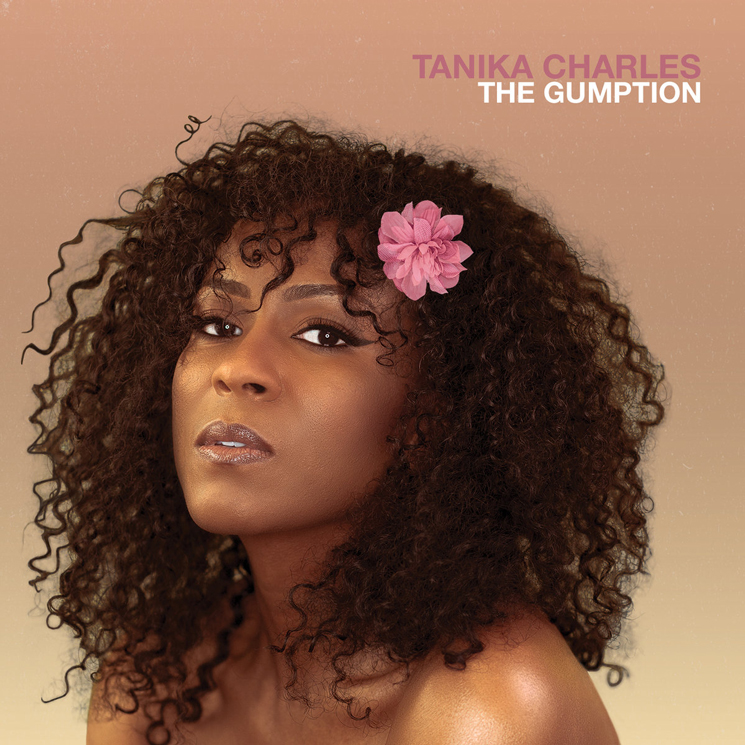
With The Gumption, Tanika Charles brings forth a soulful and determined set of tracks. There's still plenty of the '60s influence that serves as a foundation; the groovy organs and solid harmonies of "Love Overdue" mesh perfectly with the funk guitar and earworm hooks of "Remember to Remember". There's also a decidedly more self-reflective and self-aware presence, as "Upside Down" calls for electoral change and gender reform ("Time's up on the way they intimidate us"). With a terrific stable of producers and collaborators, Charles brings a lot of joy and confidence. For fans of her 2016 breakthrough Soul Run, it's truly wonderful to see she still has plenty of gumption to go around.
Josh Weinberg
9. Mdou Moctar
Ilana (The Creator)
(Sahel Sounds)
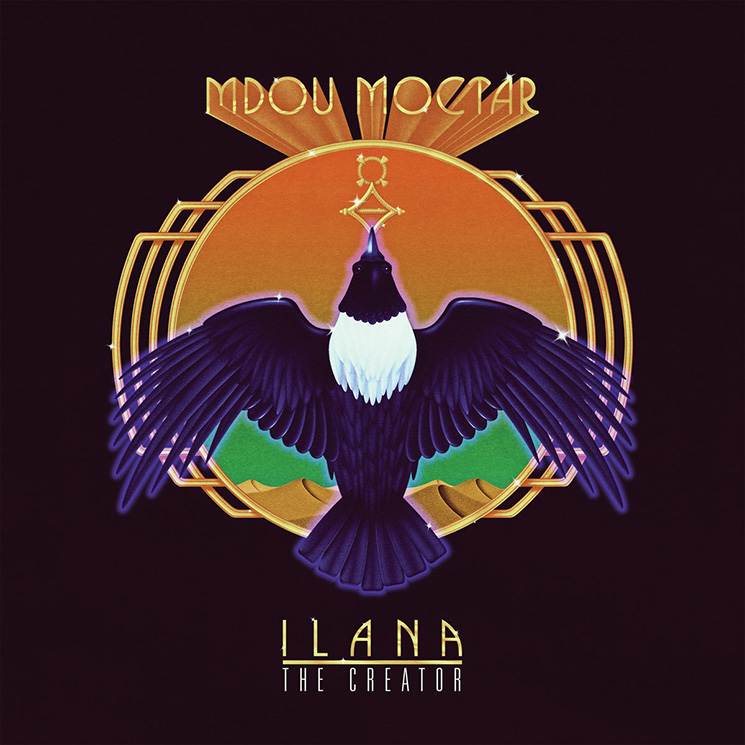
On his first proper studio album, Tuareg guitar virtuoso Mdou Moctar trusted a lifetime of musical exploration to the moment and time was kind to us all. Recorded in Detroit by underground rock bon vivant Chris Koltay, Moctar and an ace band (rhythm guitarist Ahmoudou Madassane, bassist Michael Coltun, drummer Aboubacar Mazawadje) would play when inspiration struck, and the psych-rock guitar explosion they conjured is truly one for the ages. With politically outspoken and romantic, forlorn lyrics, Moctar sings with a deceptive even-keel; he's an impassioned and beautiful singer. But it's his guitar leads that are pure, blazing hot fire.
Vish Khanna
8. Ari Lennox
Shea Butter Baby
(Dreamville / Interscope)
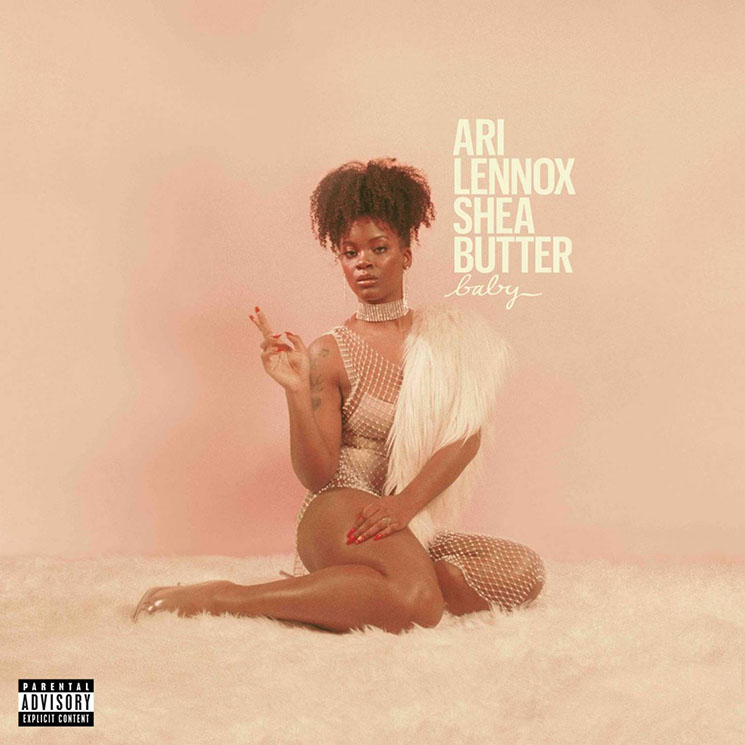
At its best, soul music is meant to reach you inner-self in an indulgent, vulnerable and fulfilling way. Like good soul food, it leaves you hungry for more despite sticking to your ribs. Ari Lennox's Shea Butter Baby is that feeling in an album. With an emphasis on telling the story about the everyday experience of Black women in America, Shea Butter Baby is stretched out by soothing chords and empowering lyrics. Relatable by nature, Lennox taps into self-care and the idea of protecting one's energy, which in turn fostered a well-rounded fanbase and industry accolades, but most importantly, the revival of unapologetic soul music.
Erin Lowers
7. Raphael Saadiq
Jimmy Lee
(Columbia)
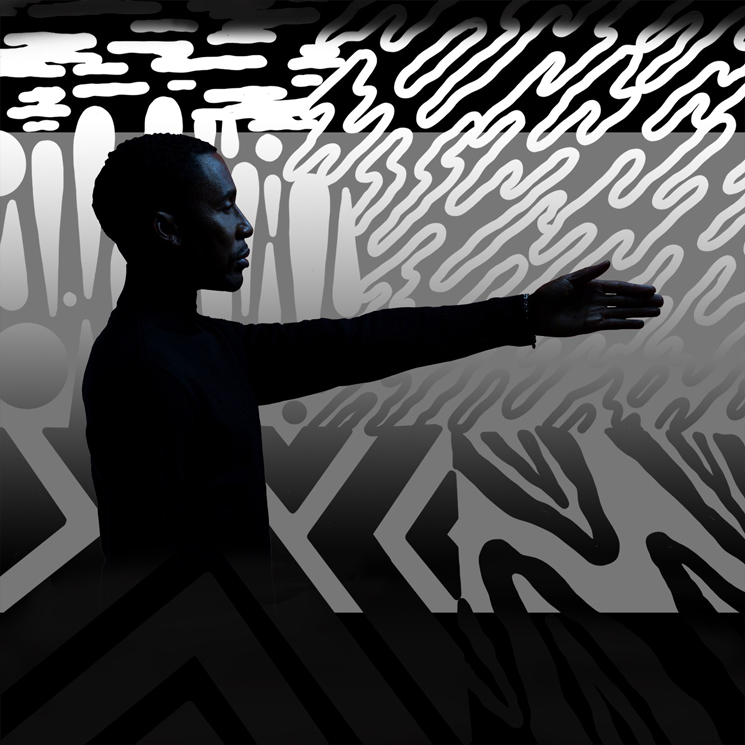
Jimmy Lee, Raphael Saadiq's fifth solo album, is a case study on addiction. The darker tones the veteran singer-songwriter, musician and producer adopts with the record represent an attempt to process his own family tragedy. The record, named after his late brother who died to drug addiction, is a wider exploration of trauma and the legacy of America's approach to race, class and incarceration. Yet Saadiq masterfully finds joy within the tears. His trademark falsetto adopts a raspier tone has it delves into the pain of the past and the ghosts that forever haunt.
Ryan B. Patrick
6. Anderson .Paak
Ventura
(Aftermath)
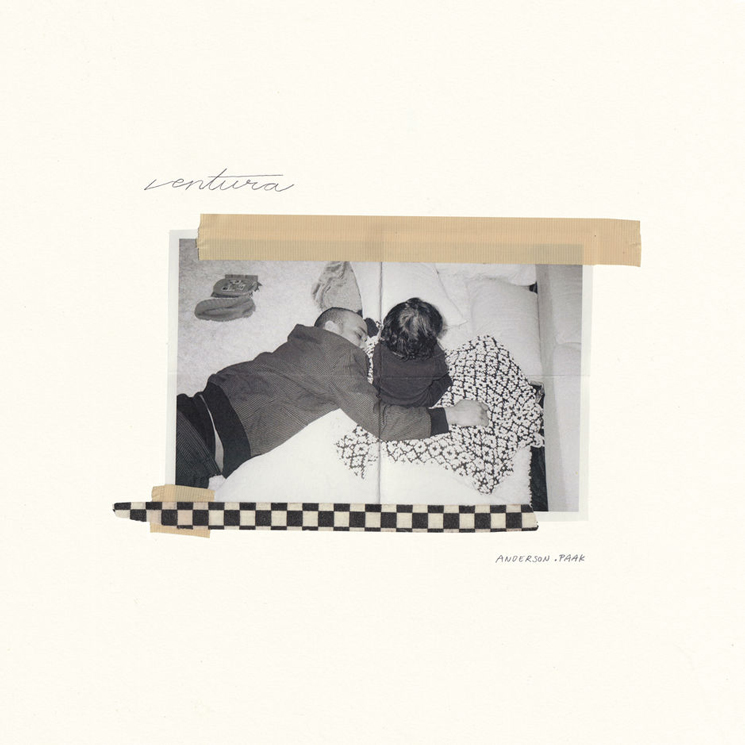
Whereas Oxnard, Anderson .Paak's funked-up and untamed Aftermath debut, is a more risky and compelling listen, it's also a little scattered. By contrast, Ventura, its focused and groovy counterpart, skips along lovely with bubbly soul jams that could cruise down Highway 1 in a convertible and still make everything sunny in Philly in the '70s. Like slipping on a well-worn sweatshirt, there is a comfy wholesomeness and timelessness to .Paak's latest — a fact that gets drilled home by refreshing collaborations with Smokey Robinson, Brandy and the late, great Nate Dogg. The horn riffs on "Twilight" soar while sticking in the pocket, and any album with an actual André 3000 rap verse (opener "Come Home") automatically deserves your attention.
Luke Fox
5. Michael Kiwanuka
Kiwanuka
(Polydor / Universal)
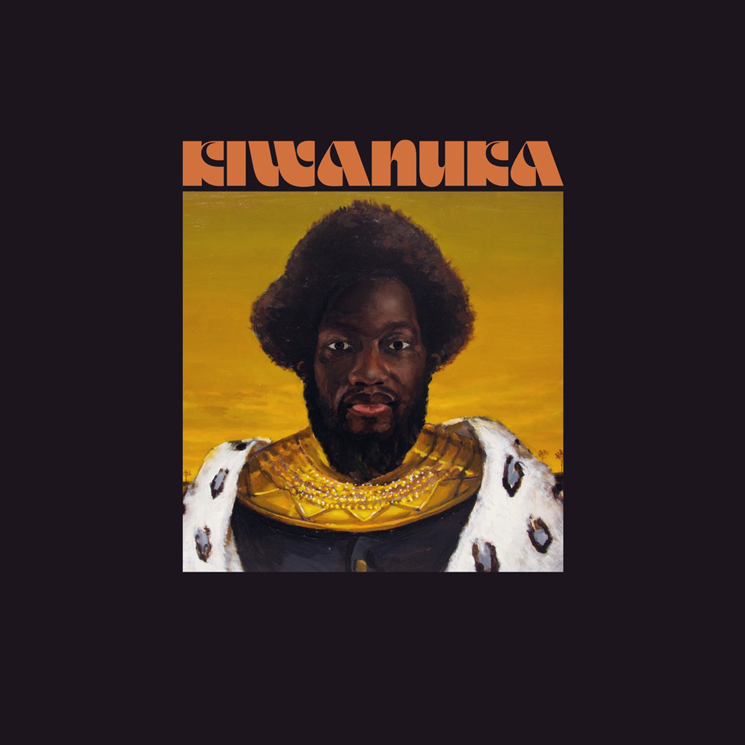
"I won't change my name, no matter what they call me," Uganda-by-way-of-Britain soul-man Michael Kiwanuka sings hauntingly on the spare opening moments of "Hero." Aside from that lyric's chilling delivery, its thematic quality is all the more significant, given the fact that he gave the LP his surname. Yes, Michael Kiwanuka is certainly the star of Kiwanuka. That's saying something, given the awe-inducing instrumentation throughout these 14 tracks. Prime examples: the bouncing conga lines and elated guitar licks of "You Ain't the Problem," and the fluttering orchestral strings of "Hard to Say Goodbye." Impressive as all that is, you'll relish in Kiwanuka's voice most of all, which is by turns braying and brassy, forlornly moaning and groovily careening.
Kyle Mullin
4. Sudan Archives
Athena
(Stones Throw)
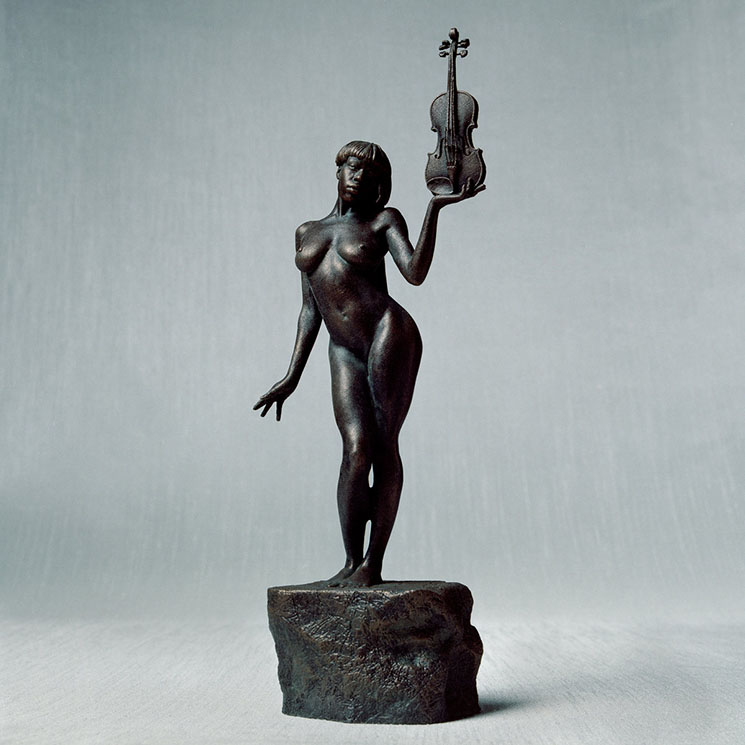
Genre-defying, boundary-pushing, violin-directed — Athena, the debut album from Sudan Archives (Brittney Parks) rests in a category all its own. The self-taught violinist draws inspiration from Sudanese fiddlers, and Athena holds the instrument to great heights, incorporating methods ranging from plucking to simplistic bowing to orchestral layering. Beautifully crafted and remarkably soulful, Athena's versatility sets it apart from all else, redefining and diversifying R&B on her own terms with loose electronic production, dazzling melodies, and subtle yet stirring vocals that make the album something to be experienced rather than listened to. Athena is a remarkable example of multiple disciplines coming together to create a mosaic masterpiece.
Ashley Hampson
3. Lizzo
Cuz I Love You
(Nice Life / Atlantic)
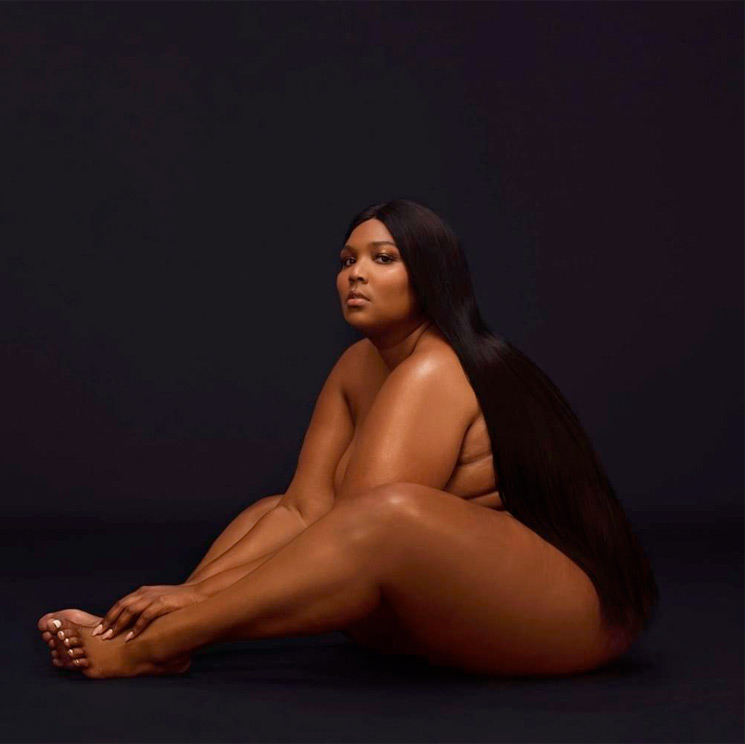
It's hard to remember now that Lizzo wasn't a household name before she released her massive Cuz I Love You, but looking back, it seems predestined. Her songs have always espoused self-love, but the timing of the release of her third record aligned perfectly with the zeitgeist, resulting in the Church of Lizzo, you-affirming spectacles that her live shows have become. They're inspired by Cuz I Love You's songs, big, bass-heavy bangers and ballads that centre Lizzo's magnificent voice and beliefs: she preaches feminism and self-belief on "Like a Girl"; celebrates being a "thick bitch" on the Missy Elliott-assisted "Tempo"; and, on "Soulmate," asserts that she's the one she wants to marry. "Look up in the mirror," she urges herself and every listener, "like, 'Damn, she's the one!'"
Stephen Carlick
2. Solange
When I Get Home
(Columbia)
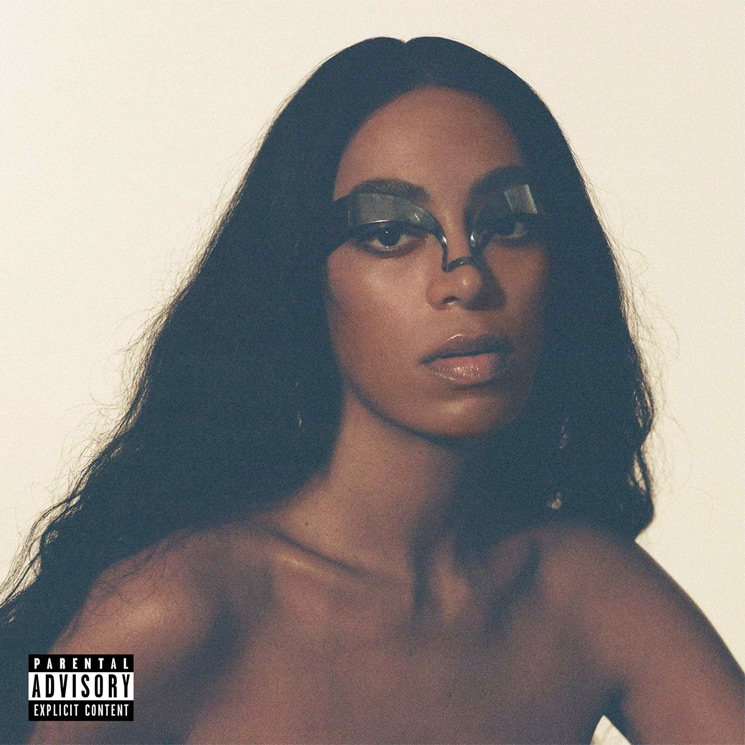
Solange's fourth album is as much a mood board as it is an album. Songs fade in and out of one another or end abruptly. Genre and vibes are tried on, only to be quickly discarded for the next shiny new sound. Yet taken together — and this truly is a collection that needs to be experienced as a whole — they paint a powerful portrait of Houston, the singer's hometown. The singer tapped an eclectic who's who of MCs, producers, and songwriters, including Pharrell, Panda Bear, Blood Orange and Earl Sweatshirt, who expertly help shape the record's themes — that home is slippery and ephemeral, warped by both time and memory.
Ian Gormely
1. Jamila Woods
Legacy! Legacy!
(Jagjaguwar)
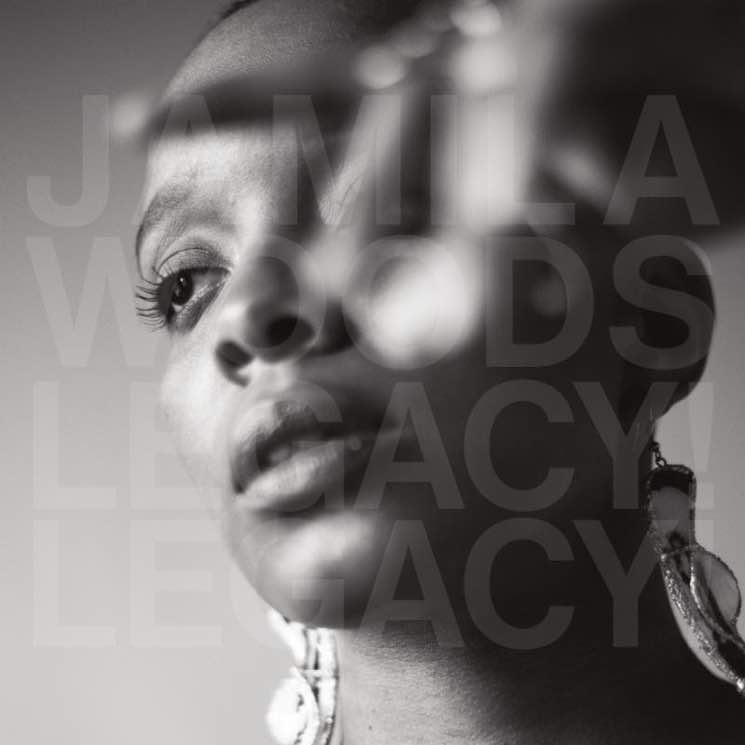
Continuing in the same politically charged vein as her debut, Chicago songstress Jamila Woods pays homage to Black artists and artists of colour on her rich second studio album, Legacy! Legacy!
All at once, the album is a history lesson, a contemplation on each artist's contribution and a window into Woods's own story, told through the imagined voices of her predecessors. Better than a tribute, Legacy! Legacy! is a study of each famed artist Woods embodies, from beloved writer James Baldwin to funk singer Betty Davis, the unsung architect behind ex-husband Miles Davis' sound. Meaty production from the likes of Slot-A (standouts "Zora" and "Frida"), Peter Cottontale ("Eartha") and oddCouple ("Betty") supports dense, clever writing where Woods not only becomes the artistic heroes she covers, but also draws a direct line between their influence and her sound. The album's charm lies in the subtle way Woods is able to tell their specific stories while still making their messages feel current and universal.
Legacy! Legacy! is both entertaining and informative, with more nuggets of wisdom revealing themselves on every listen. Like the timeless work of the album's subjects, Woods's effort will resonate well into the next decade.
A. Harmony
Check out more of Exclaim!'s Best of 2019 lists here.